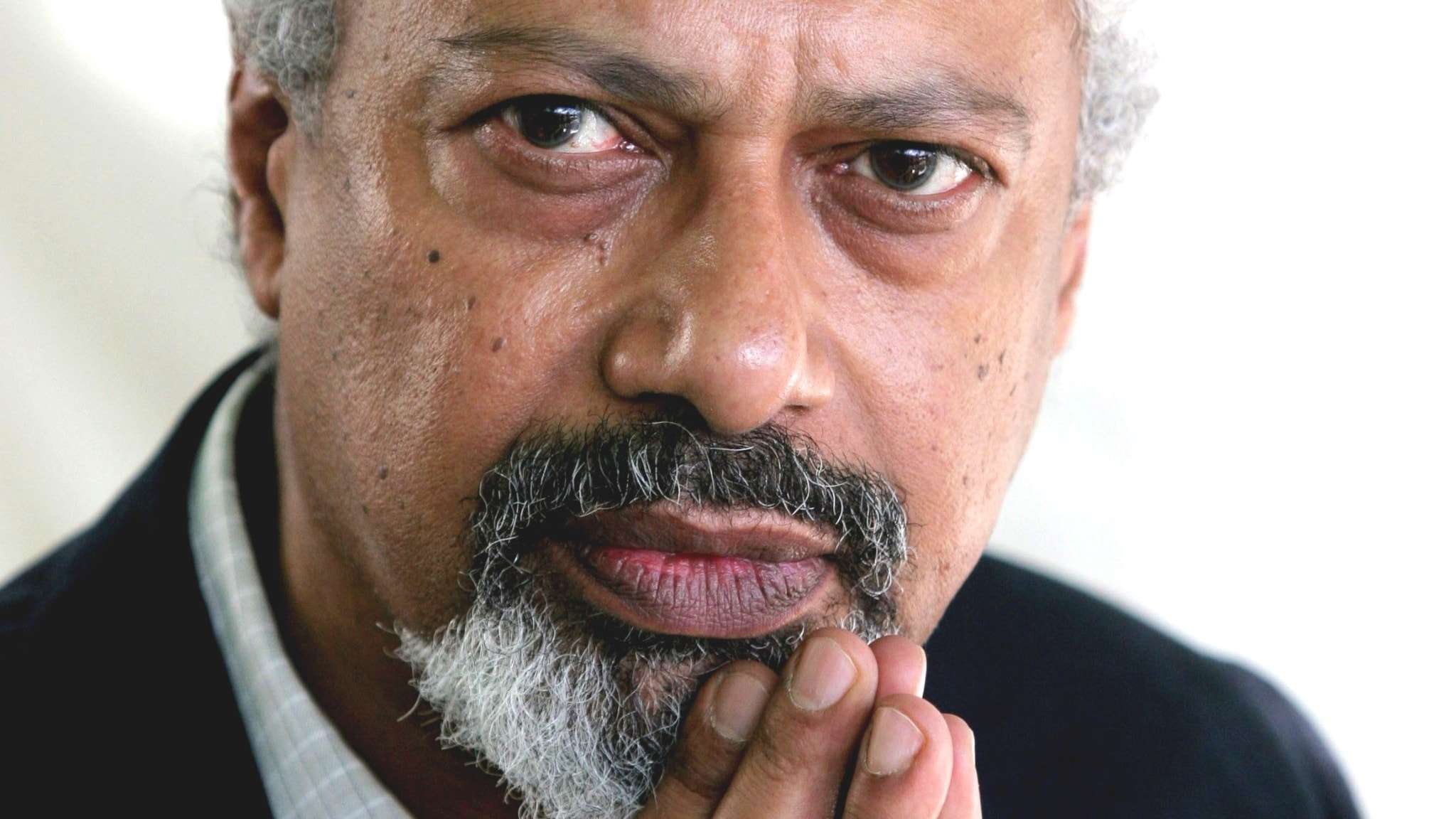Tanzanian novelist Abdulrazak Gurnah has been awarded the 2021 Nobel Prize for Literature.
In presenting the award, the Nobel committee cited his “uncompromising and compassionate penetration of the effects of colonialism and the fate of the refugee in the gulf between cultures and continents”. Anders Olsson, committee chair, said that Gurnah’s novels – from his debut Memory of Departure, about a failed uprising, to his most recent, Afterlives – “recoil from stereotypical descriptions and open our gaze to a culturally diversified East Africa unfamiliar to many in other parts of the world”.
His long-time publisher at Bloomsbury, Alexandra Pringle, said Gurnah had always written about displacement, “but in the most beautiful and haunting ways of what it is that uproots people and blows them across continents. It’s not always asylum seeking, it can be so many reasons, it can be trade, it can be commerce, it can be education, it can be love. The first of his novels I took on at Bloomsbury is called By the Sea, and there’s this haunting image of a man at Heathrow airport with a carved incense box, and that’s all he has. He arrives, and he says one word, and that’s ‘asylum’.”
At age 18, Gurnah fled Zanzibar, his birthplace, in order to escape persecution of Arab citizens during the Zanzibar Revolution. Settling in England as a student at Christ Church College, Canterbury, he began writing at 21 and published his debut novel in 1987 (he has ten novels thus far, as well as seven volumes of short stories and a number of non-fiction works). He went on to earn his PhD at the University of Kent, where he remained as a professor of English and postcolonial literatures until his recent retirement.
When he received the phone call letting him know of his win, his response? “I thought it was a prank, I really did,” he relates. “It was not something that was in my mind at all. I was just thinking, I wonder who will get it?”
Gurnah is the first black writer to win the Nobel Prize since Toni Morrison in 1993, and the first black African writer since Wole Soyinka in 1986.
Worth 10m Swedish krona ($1,143,782 USD), the Nobel prize for literature goes to the writer deemed to be, in the words of Alfred Nobel’s will, “the person who shall have produced in the field of literature the most outstanding work in an ideal direction”. Along with Toni Morrison, past winners have included novelists Ernest Hemingway and Gabriel Garcia Marquez, poets such as Pablo Neruda, Joseph Brodsky and Rabindranath Tagore, playwrights Harold Pinter and Eugene O’Neill, and controversially, folk singer Bob Dylan, in 2016.

